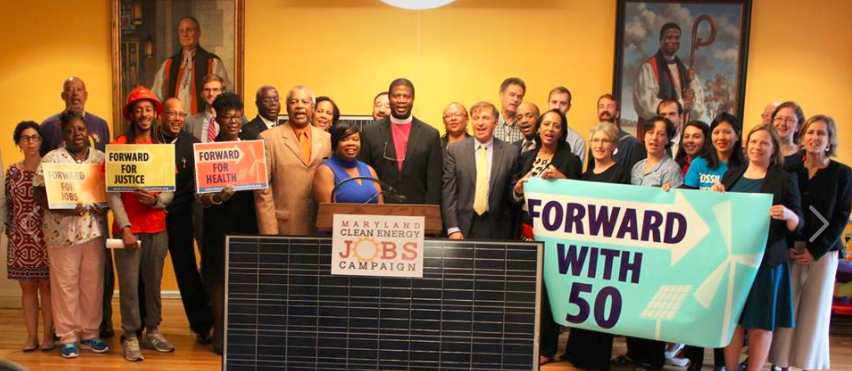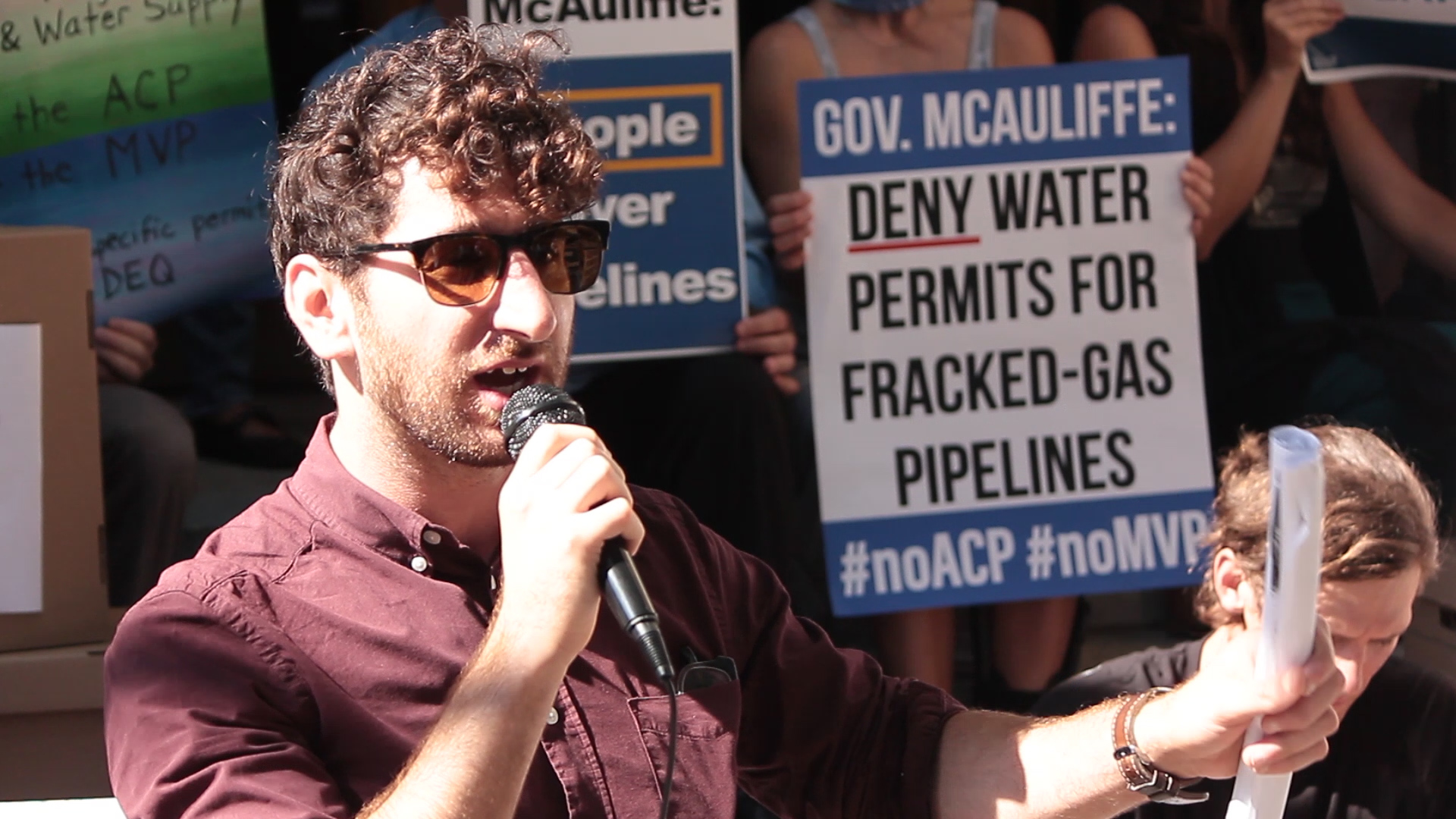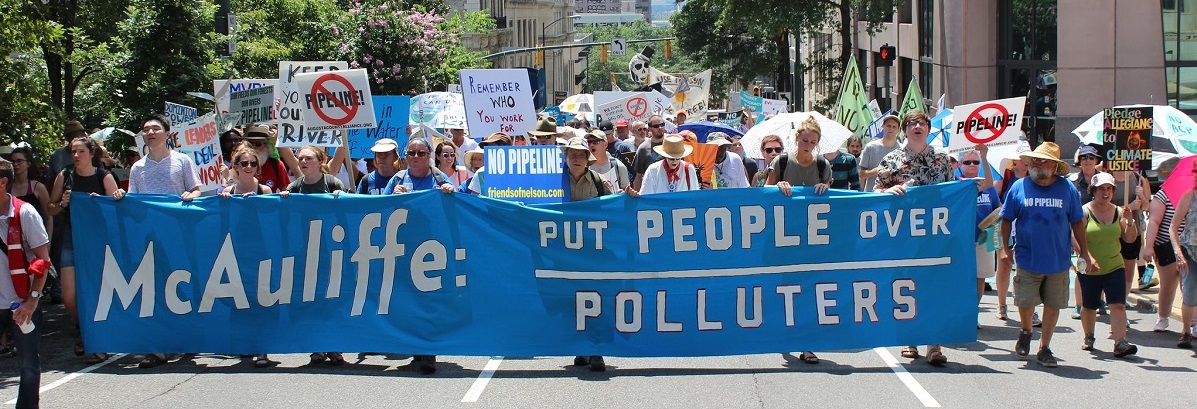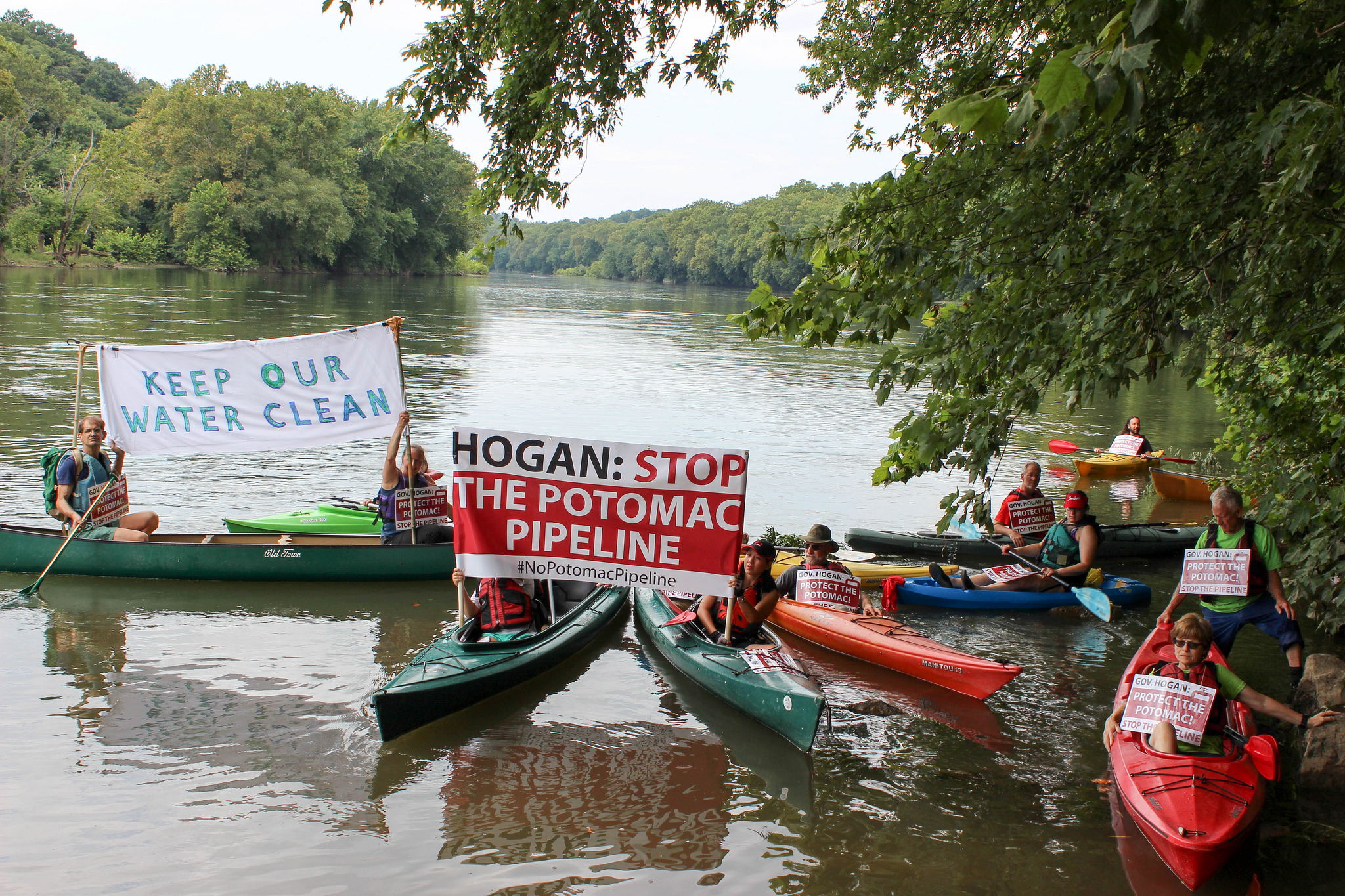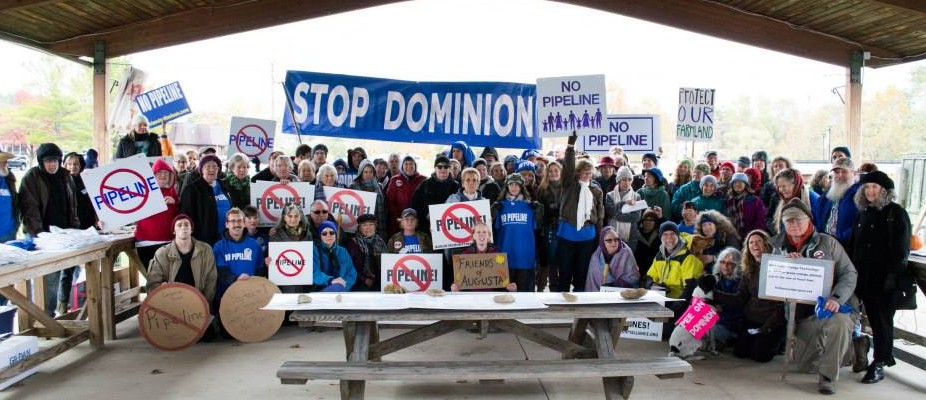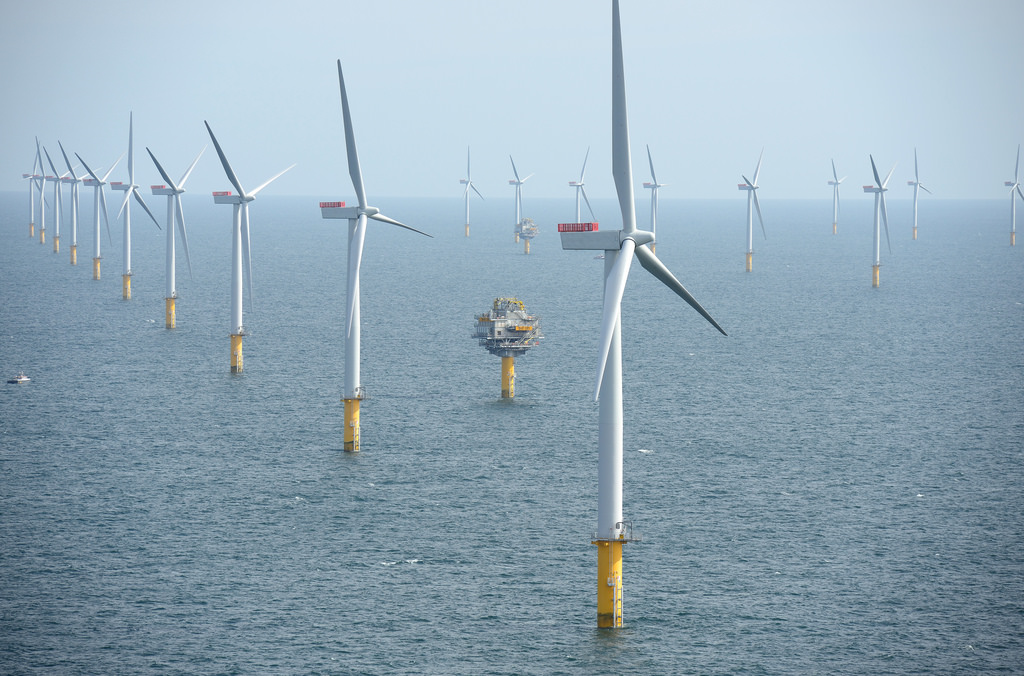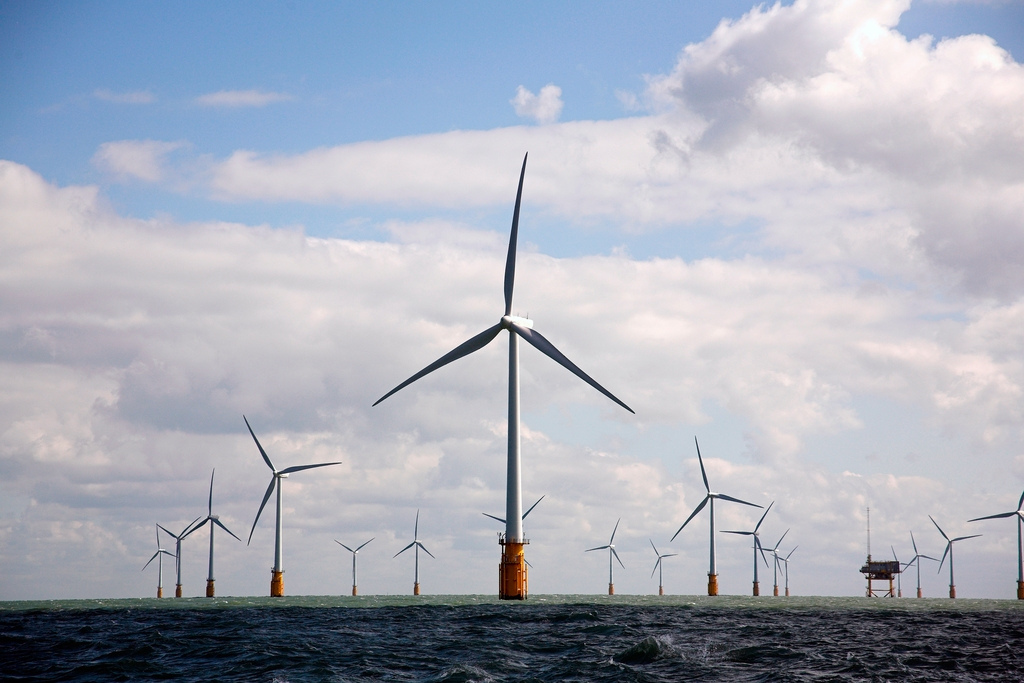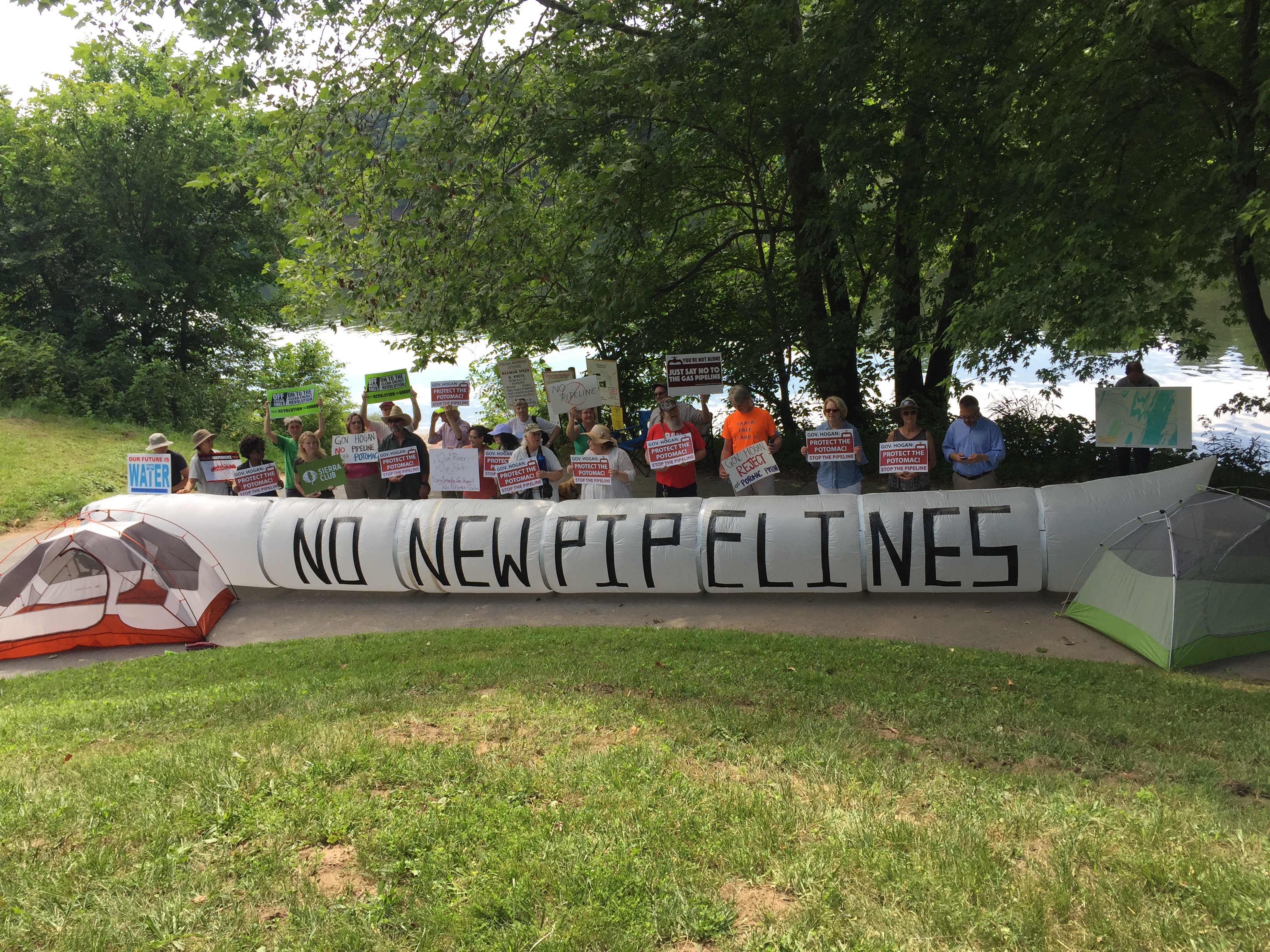Faith, Community and Climate Leaders Announce Campaign To Double Wind and Solar Energy in Maryland
Baltimore, MD –On Wednesday, September 13, at 10:00 a.m. at the Episcopal Diocesan Center, 4 East University Parkway in Baltimore City, Maryland faith, community and climate leaders will announce a new campaign to require that 50 percent of Maryland’s electricity come from renewable sources by 2030. The campaign will unveil a legislative proposal that calls for expanding and strengthening Maryland’s Renewable Portfolio Standard (RPS), which requires utilities to buy a certain percentage of renewable energy each year, from the current target of 25% by 2020. The campaign will also call for a substantial investment in training for good clean energy jobs with a livable wage and assistance for minority and women owned businesses working in this field.
Campaign leaders will lift up the more than 300 faith, community, labor, business, climate and environmental groups from across Maryland that have already endorsed this proposal. The Campaign also plans to have hundreds of additional groups endorse in the next few months and will call on Maryland groups to join by going to www.cleanenergyjobs.org/sign.
In addition to being endorsed by the Ecumenical Leaders Group of Maryland and many Maryland faith groups, the Campaign is endorsed by the Maryland State Conference of NAACP Branches and is a priority campaign for the Maryland Climate Coalition, whose groups include the Chesapeake Climate Action Network, the Maryland League of Conservation Voters, Interfaith Power and Light (DC, MD, NoVA), SEIU 1199, and the Maryland Environmental Health Network.
Quotes from Maryland Leaders:
“We call on the Maryland General Assembly to double our goals for renewable energy during the 2018 Session so we can save lives and transition our energy sector away from harmful fossil fuels and toward a clean energy economy,” said Public Health Advocate Vincent DeMarco, who recently formed a new nonprofit, the Maryland Clean Energy Jobs Initiative, Inc., whose goal is to elevate climate issues in the electoral process. “There is no time to waste, so our organization will put all we have into making renewable energy and clean energy jobs one of the top issues in the 2018 state elections.”
“As the federal government moves backwards on climate, Maryland is moving forward,” said Karla Raettig, Executive Director of Maryland League of Conservation Voters. “We believe that committing to a 50% RPS is a reachable and meaningful stepping stone to eventually achieving 100% clean energy in Maryland.”
“The Maryland faith community strongly supports the goal of making sure that by 2030, 50 percent of Maryland’s electrical energy is renewable,” said Rev. Mary Gaut, Chair of the Maryland Ecumenical Leaders Group. “We have a moral imperative to enact this social justice proposal that will help save us from the ravages of climate change and ensure clean energy jobs for our people.”
“The NAACP is committed to making the Maryland Clean Energy Jobs Campaign one of their top priorities,” said Gerald Stansbury, President of the Maryland State Conference of the NAACP “We know that all Marylanders, particularly disadvantaged communities, will benefit from from protecting our climate and ensuring good quality jobs.”
Contact: Vinny DeMarco, Founder, MD Clean Energy Jobs Initiative, demarco@mdinitiative.org, (410) 591-9162
Brooke Harper, MD & DC Policy Director, Chesapeake Climate Action Network, brooke@chesapeakeclimate.org, (301) 992-6875

